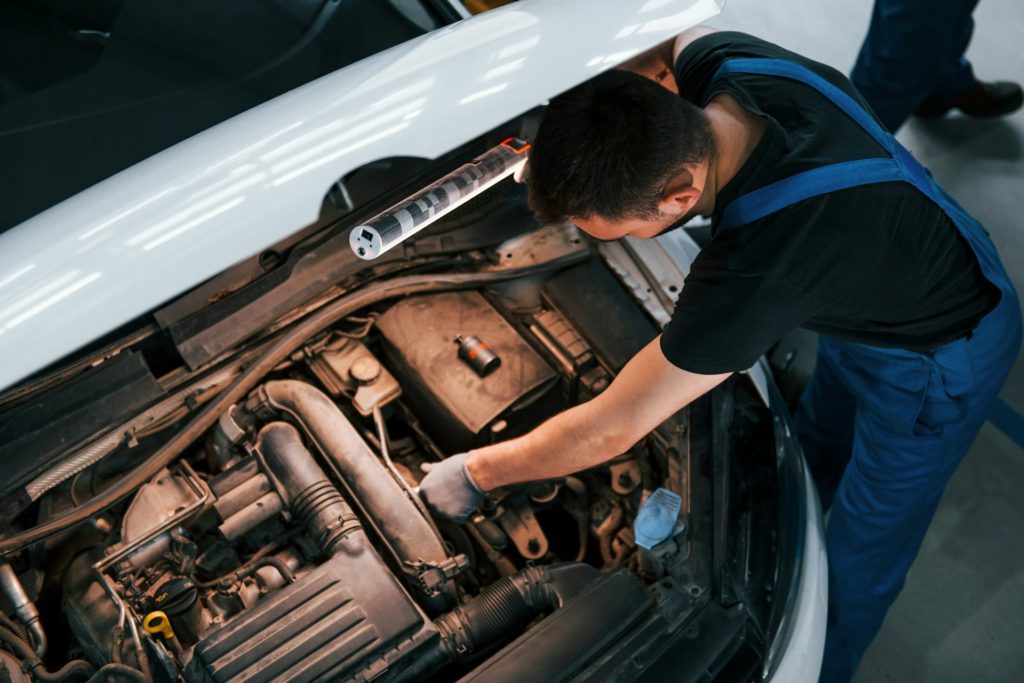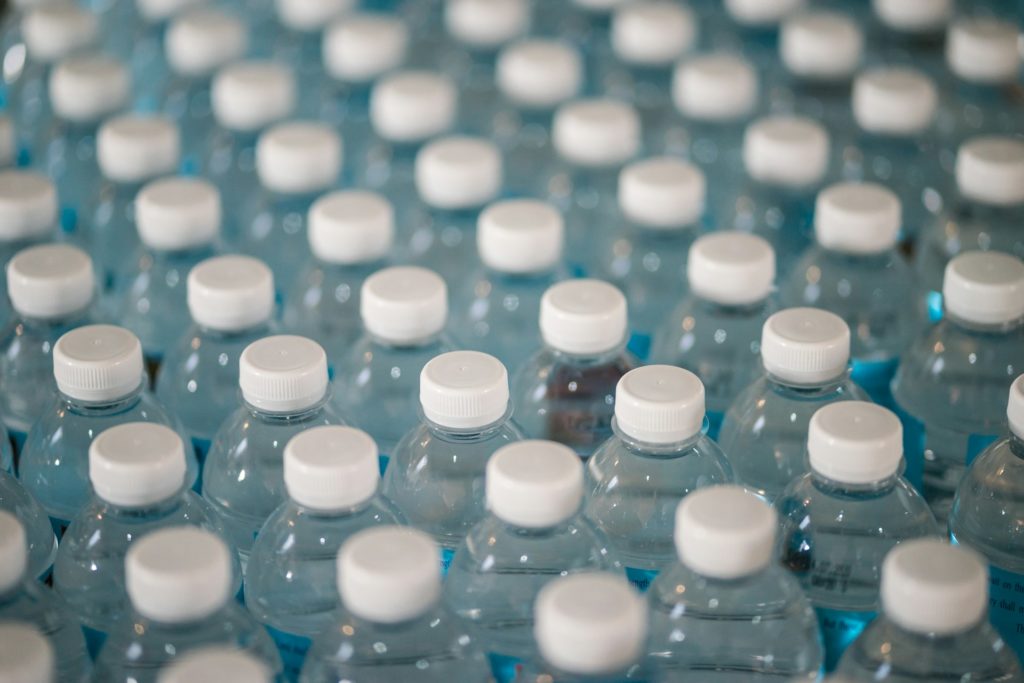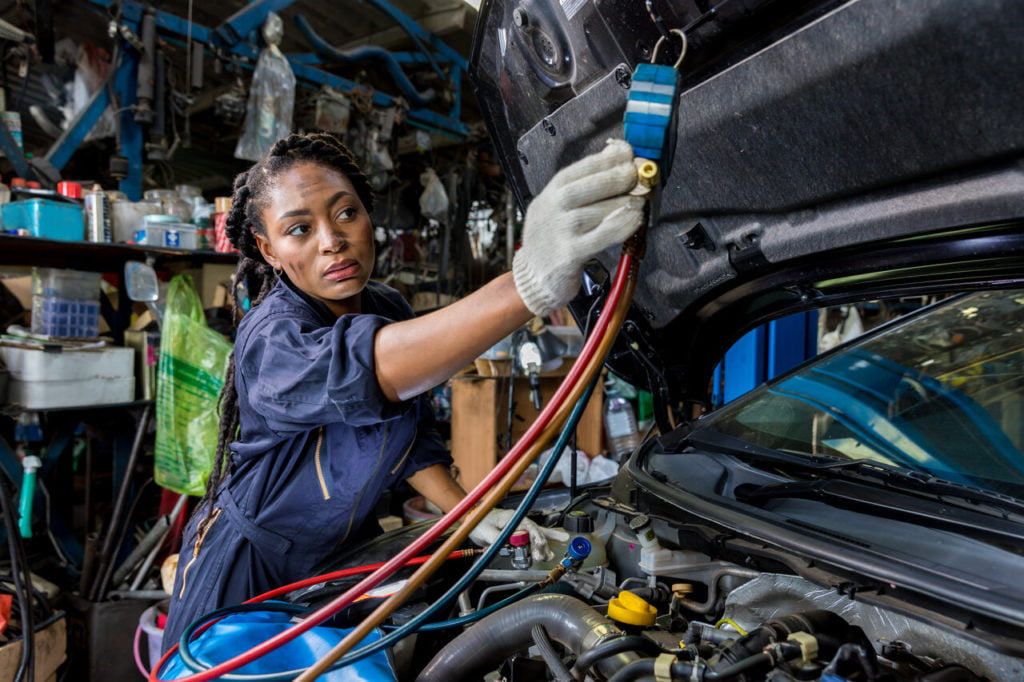The global automotive industry has grown exponentially in recent years, resulting in a significant increase in waste plastic generation. As the world becomes increasingly aware of the pressing need for sustainable practices across all industries, automotive manufacturers must explore eco-friendly alternatives to handle their plastic waste. One such alternative is plastic reprocessing, a closed-loop system that aims to boost the sustainability of material sourcing, reduce waste management costs, and improve a business’s environmental footprint.
At Pulse Plastics, we pride ourselves on offering innovative plastic solutions for reprocessing waste plastics in the automotive industry. But what exactly is reprocessing, and why is it vital for companies looking to optimise their waste management process?
Plastic reprocessing is the process of converting discarded plastic waste into raw materials that can be used to manufacture new plastic products. Unlike traditional recycling, where plastic waste materials are often down-cycled into less valuable products, reprocessing ensures that the quality of plastic materials is maintained, allowing manufacturers to continuously reuse plastic without any loss in performance.
For the automotive industry, implementing a closed loop system that utilises plastic reprocessing offers several key benefits. First and foremost, it allows companies to significantly reduce their dependency on raw materials by reusing their waste plastic. This closed loop system results in a more sustainable material sourcing process, ultimately reducing the carbon footprint of the industry.
In addition, plastic reprocessing ensures that waste plastic materials are no longer discarded in landfills or incinerated, helping to reduce environmental pollution and decrease waste management costs for automotive manufacturers. By reprocessing its waste plastic, the automotive industry can effectively minimise its environmental impact and contribute to the global effort towards a greener future.
In this blog, we will delve deeper into plastic reprocessing in the automotive industry, exploring the challenges and opportunities associated with this innovative approach to waste management. Stay tuned to learn how the closed loop system can offer lasting benefits for automotive manufacturers, the environment, and the global economy.
Reprocessing Plastics in the Automotive Industry: A Closed Loop Solution for Waste Management
The Significance of Plastic Waste in the Automotive Industry
It is no secret that the automotive industry relies heavily on plastics, given their versatility and affordability. With a wide range of applications, from interior components to exterior body parts, plastic materials play a crucial role in the design and production of vehicles. However, this dependence on plastics has led to a significant increase in waste generation — an issue that requires immediate attention.
The waste plastic generated during the production process, alongside post-consumer plastics from end-of-life vehicles, contributes to the rapidly growing problem of environmental pollution. Consequently, it is essential for automotive manufacturers to consider eco-friendly waste management practices such as plastic reprocessing, which can transform waste into valuable resources for the industry.
Understanding Plastic Reprocessing: A Key Solution for the Automotive Industry
Plastic reprocessing, also known as mechanical recycling, involves the conversion of waste plastic materials into reusable raw materials through a series of processes such as sorting, washing, shredding, and pelletising. This innovative method helps maintain the inherent properties of plastic materials, ensuring that they are not down-cycled into less valuable products. The resulting reprocessed plastics can then be utilised by the automotive industry to create new components, effectively creating a closed loop system.
Implementing a Closed Loop System: The Benefits for the Automotive Industry
1. Enhanced Sustainability in Material Sourcing
By adopting plastic reprocessing, automotive manufacturers can reduce their reliance on virgin plastics, which require significant energy and natural resources for production. By continually reusing waste plastic materials in a closed loop system, companies can not only reduce their raw material consumption but also contribute to a more sustainable production process. This sustainable approach will help businesses meet the growing demand for eco-friendly vehicles and support global efforts towards reducing carbon emissions.
2. Reduced Waste Management Costs
Another significant benefit of implementing a closed loop system using plastic reprocessing is the reduction in waste management costs. As automotive manufacturers no longer need to send their waste plastic materials to landfills or incineration facilities, they can save on disposal fees and related expenses. Furthermore, utilising reprocessed plastic materials can lead to cost savings in raw material procurement, as waste plastics may sometimes be more cost-efficient than virgin plastics.
3. Improved Brand Reputation and Market Appeal
Implementing a closed loop system for plastic waste management can serve as a distinguishing factor for automotive brands, reflecting their commitment to sustainable and environmentally responsible practices. Consumers are becoming increasingly conscious of their carbon footprint, and as such, investing in sustainability initiatives can help automotive manufacturers attract and retain customers who prioritise eco-friendly solutions. An improved brand reputation in this area is likely to result in increased market share and long-term revenue growth.
4. Compliance with Environmental Regulations
Governments around the world are introducing stringent environmental regulations to mitigate the impacts of waste generation and pollution on the planet. By adopting plastic reprocessing practices, the automotive industry can actively demonstrate its compliance with these regulations, ultimately avoiding penalties and potential disruptions to their business operations.
Realising a Greener Future: The Way Forward for the Automotive Industry
As the world continues to grapple with the consequences of unchecked waste generation, it is evident that all industries must adapt and seek out solutions that prioritise environmental conservation. For the automotive industry, plastic reprocessing presents an ideal opportunity to transform waste plastic materials into valuable resources, creating a closed loop system that offers lasting benefits for manufacturers and the environment alike.
By implementing plastic reprocessing practices, automotive companies can not only enhance the sustainability of their operations but also showcase their commitment to corporate social responsibility. In doing so, they can position themselves as leaders in the transition towards greener manufacturing, ultimately contributing to a more sustainable future for the industry and our planet.
Conclusion
The implementation of plastic reprocessing within the automotive industry offers numerous benefits, including heightened sustainability in material sourcing, reduced waste management costs, improved brand reputation, and compliance with environmental regulations. Pulse Plastics remains dedicated to providing innovative plastic solutions tailored to the needs of automotive manufacturers. Together, we can steer the industry towards a greener future and set a global standard in waste management practices.
Join the movement towards sustainable manufacturing with Pulse Plastics’ innovative plastics solutions. Partner with us to reprocess and reuse your waste plastic, or choose from our range of closed loop products. Let’s work together towards a greener future for the UK and beyond.


